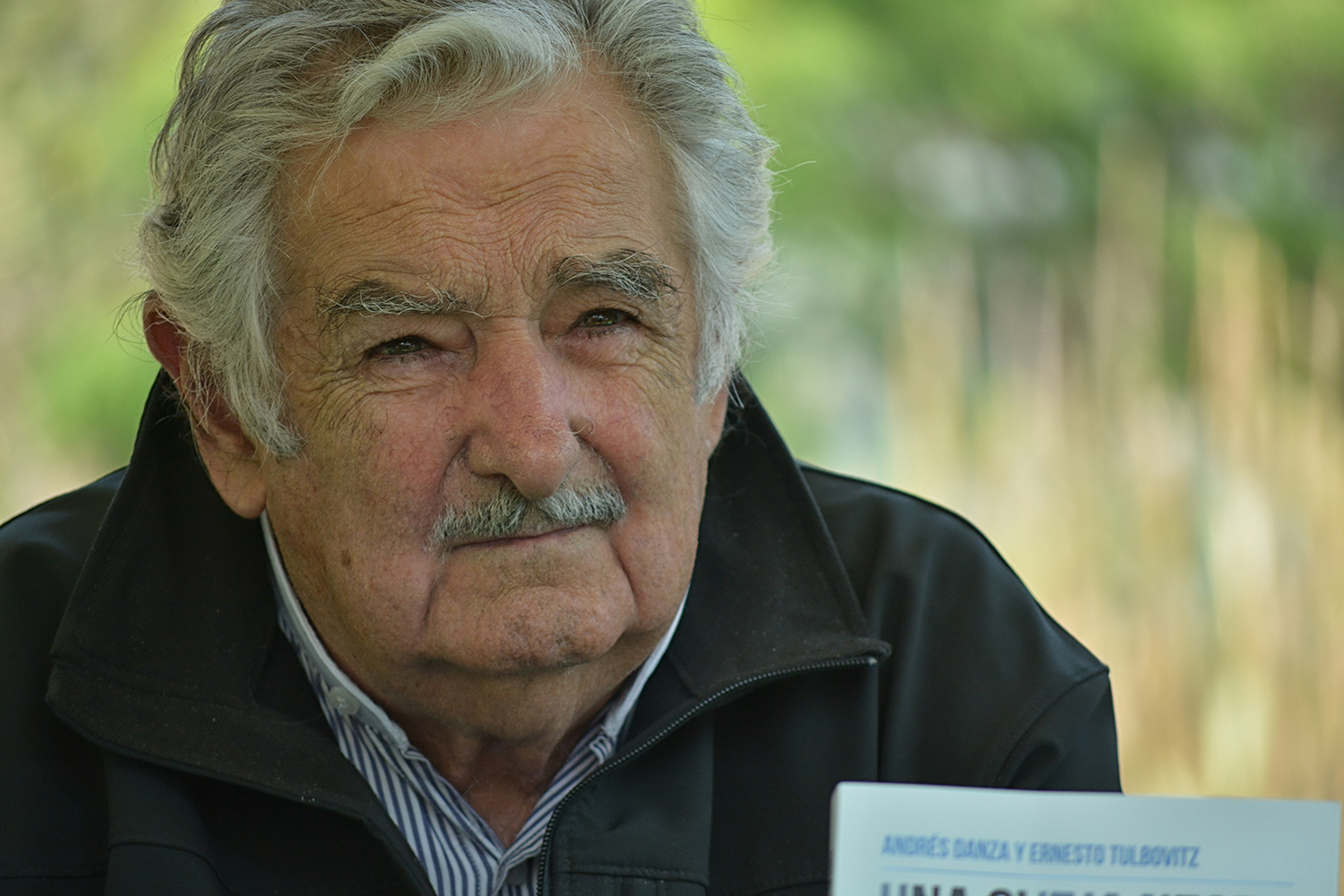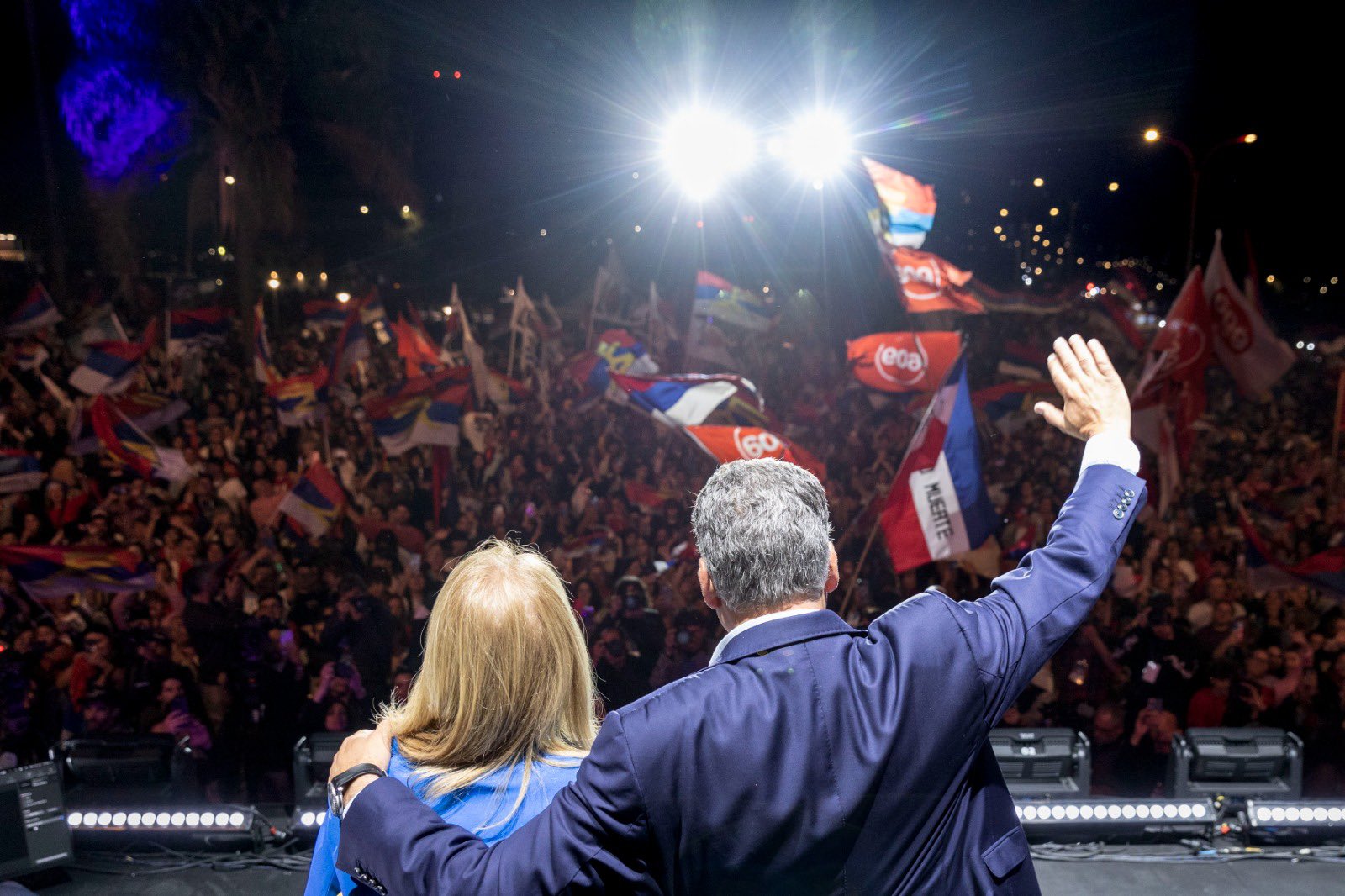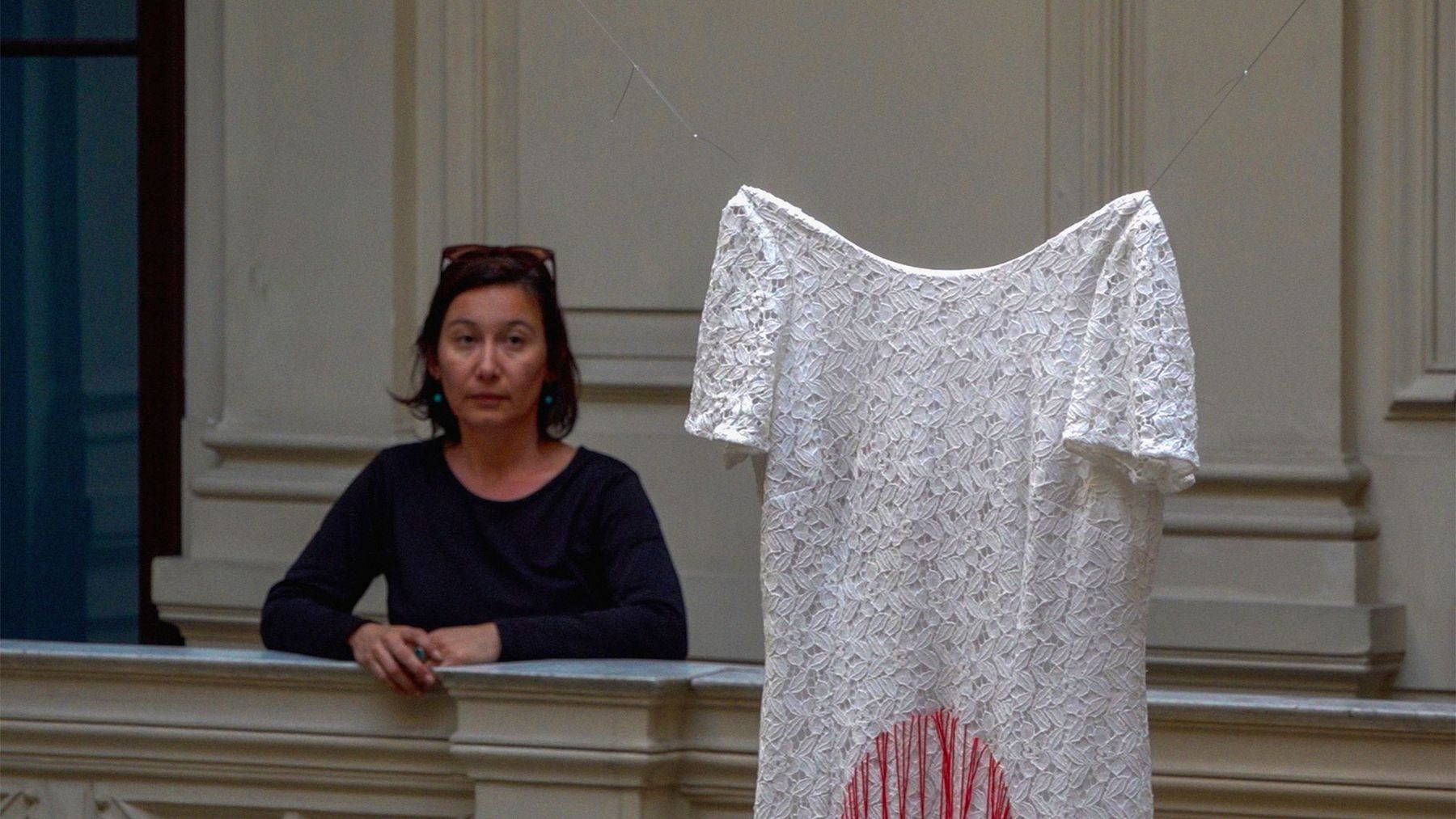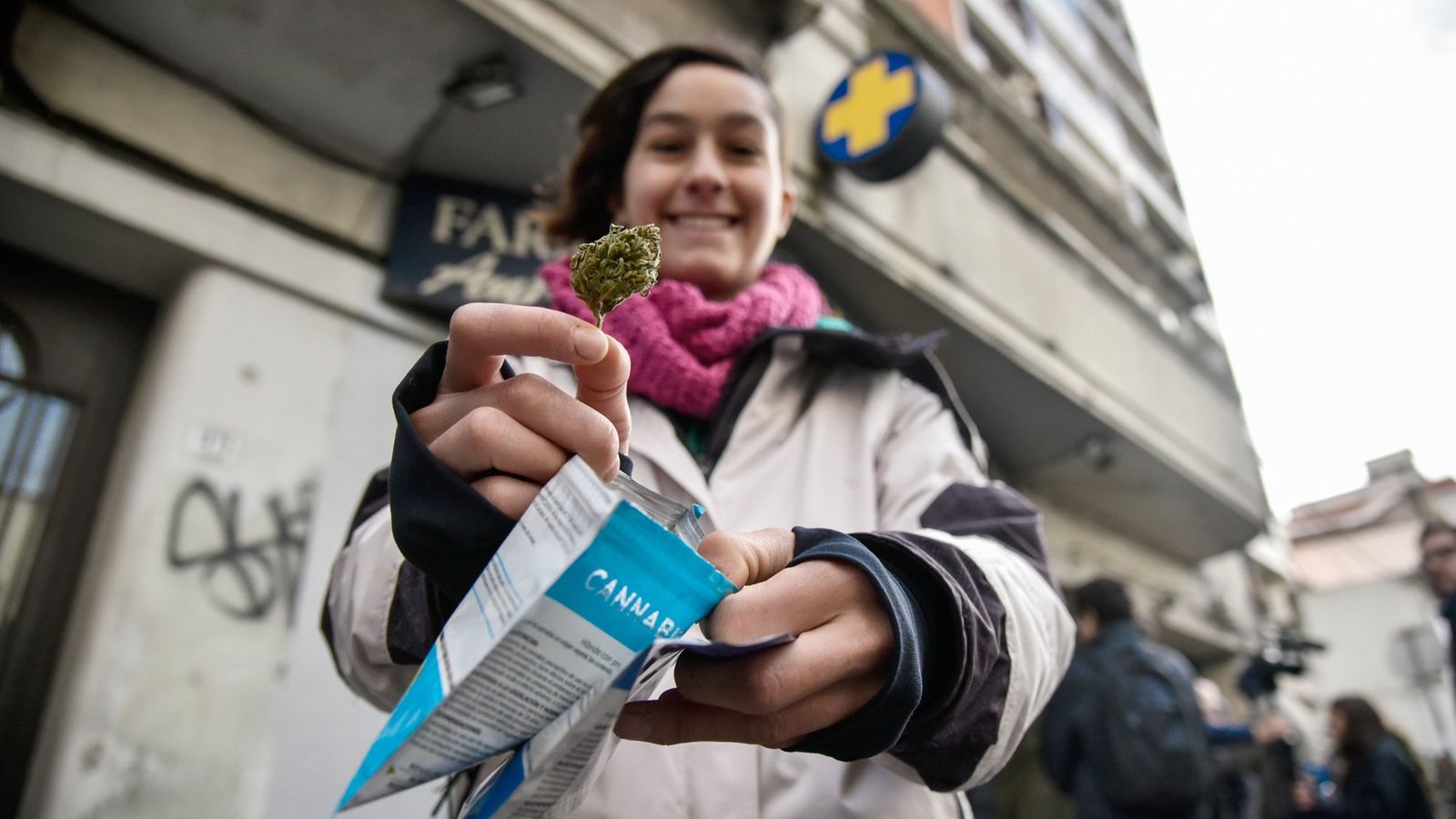Pepe Mujica is dead
- José Alberto Mujica, former Tupamaro guerrilla fighter and president of Uruguay, died on Tuesday from cancer. He was 89 years old and left instructions to bury him in his home with the dog. “My cycle is over.”

“My cycle is over. I’m dying and the guerrilla has the right to rest.” This is how he was publicly greeted last January, after knowing the metastasis of the cancer that was discovered in 2024. He left instructions to be buried with his dog, Manuela, in the house of Rincón del Cerro on the outskirts of Montevideo.
A descendant of Basques and Italians, he was from a modest family and left school to work in the countryside. In the early 1960s, he joined the Tupamaros Movement (MLN-T), a left-wing armed movement created as part of the Cuban revolution. He was wounded by six bullets fired by the police and spent fifteen years in prison. But he managed to escape from two prisons, along with other Tupamaran militants.
Four years after his freedom in 1985, when democracy returned to Uruguay, he founded the Popular Participation Movement (MPP), along with other Tupamaro leaders and left-wing groups. The movement became part of the centre-left Frente Amplio coalition: The Broad Front was made up of about 30 parties, including leftist currents, socialists, communists, Trotskyists and Christian Democrats. They came to the government and Mujica, after being a deputy, senator and minister, came to the presidency of Uruguay in 2010.
Once he was president, he added a more progressive touch to the government. During his tenure, he legalized abortion and same-sex marriage, making Uruguay the first country in the world to legalize the trafficking and controlled consumption of marijuana.
It has also received criticism from sectors on the left. She was accused of not having made significant progress in redistributing wealth during her tenure; her disdain for feminism and her comments on women’s roles also made her dusty; and several accused her of being swallowed up by the same system that she fought for in her youth.
A humble life
Together with her partner, Lucía Topolansky, she always lived in the modest Rincón del Cerro of twenty hectares, in the rural area, even during her time as president. He cultivated his land and sold the products obtained, because for many years he donated 90% of his salary to social initiatives and 5% to the MPP movement.
The austere way of life he led, his humility and his way of speaking, his struggle against corruption and waste, and his social commitment made him special; he was able to talk to the citizens and deal with the envoys of the great powers.
Mikel Zabalzari buruzko Non dago Mikel? filmak Urugaiko Nazioarteko Zine dokumentalaren festibalaren sari nagusia irabazi du, AtlantiDoc Saria hain zuzen ere, dokumentu-film luzerik onenarentzat.
This 24 August marks the 27th anniversary of the events that took place in the Montevideo Filter. From the solidarity internationalist conscience, the Uruguayan people and numerous organizations of the popular movement claimed the right of asylum as a people to the Basque... [+]
Uruguayko «Brecha» aldizkariko kazetaria, Drogen Obserbatorio Geopolitikoa eta Suediako... [+]
Askapen Nazionalerako Mugimendu Tupamaroaren buruzagi ohia da Rosencof. Bizi izan dituen 61... [+]
Apirilaren 26an izango da sari banaketa, Gernikako bonbardaketaren 79.urteurreneko ekitaldien barruan.



















